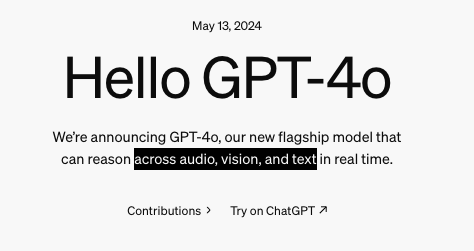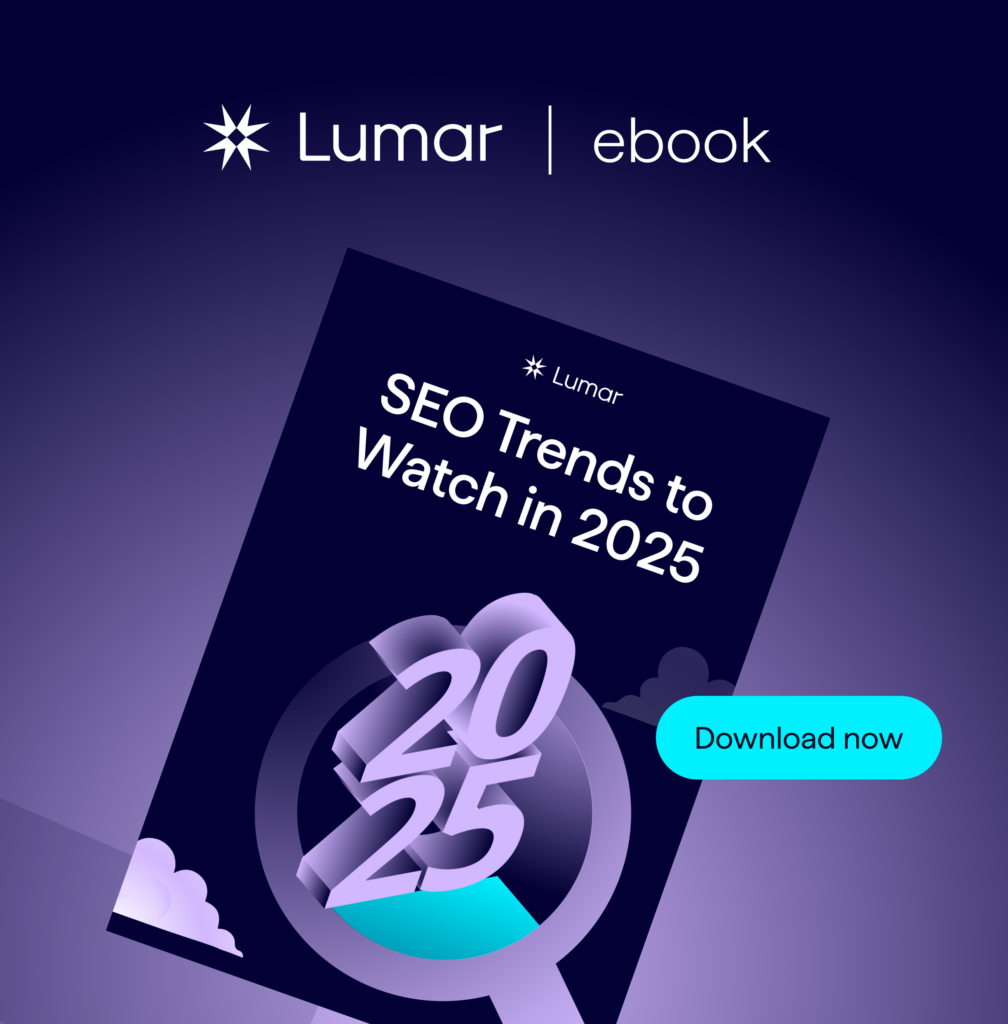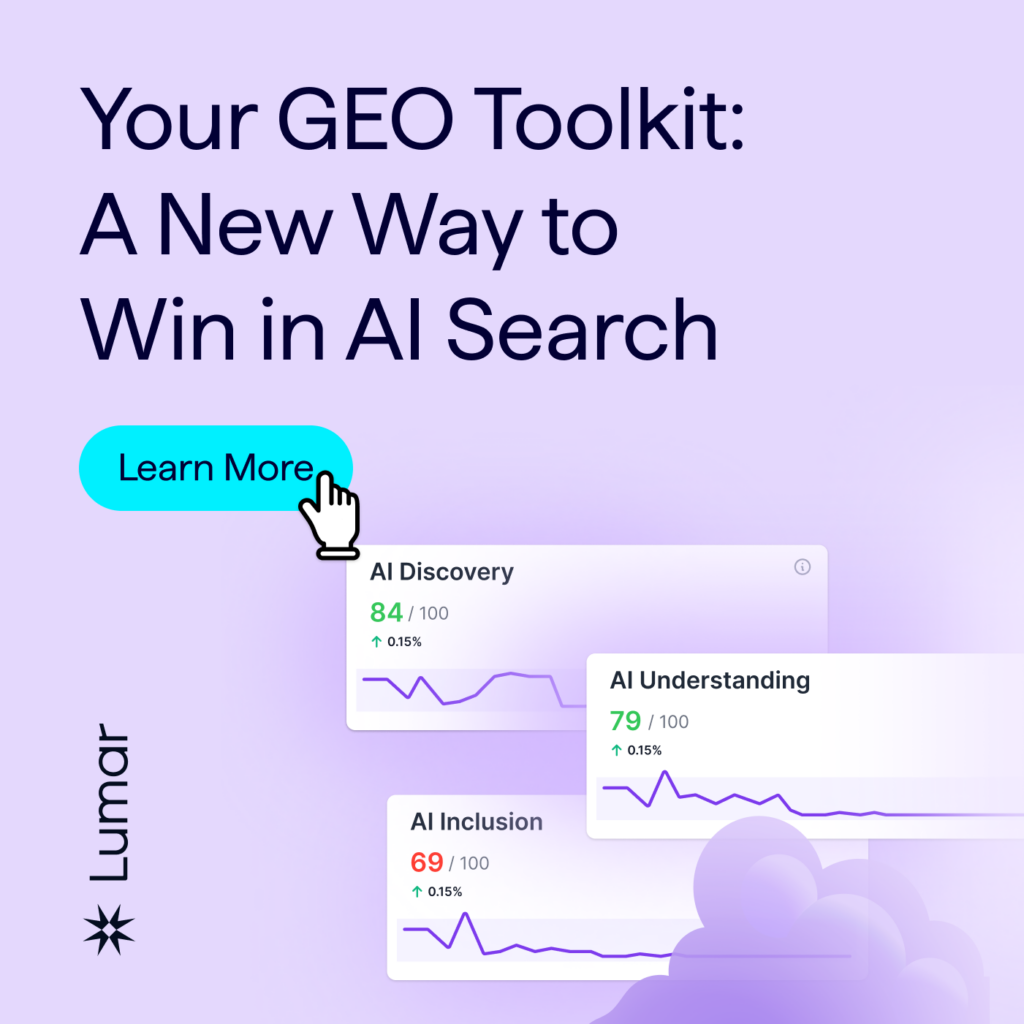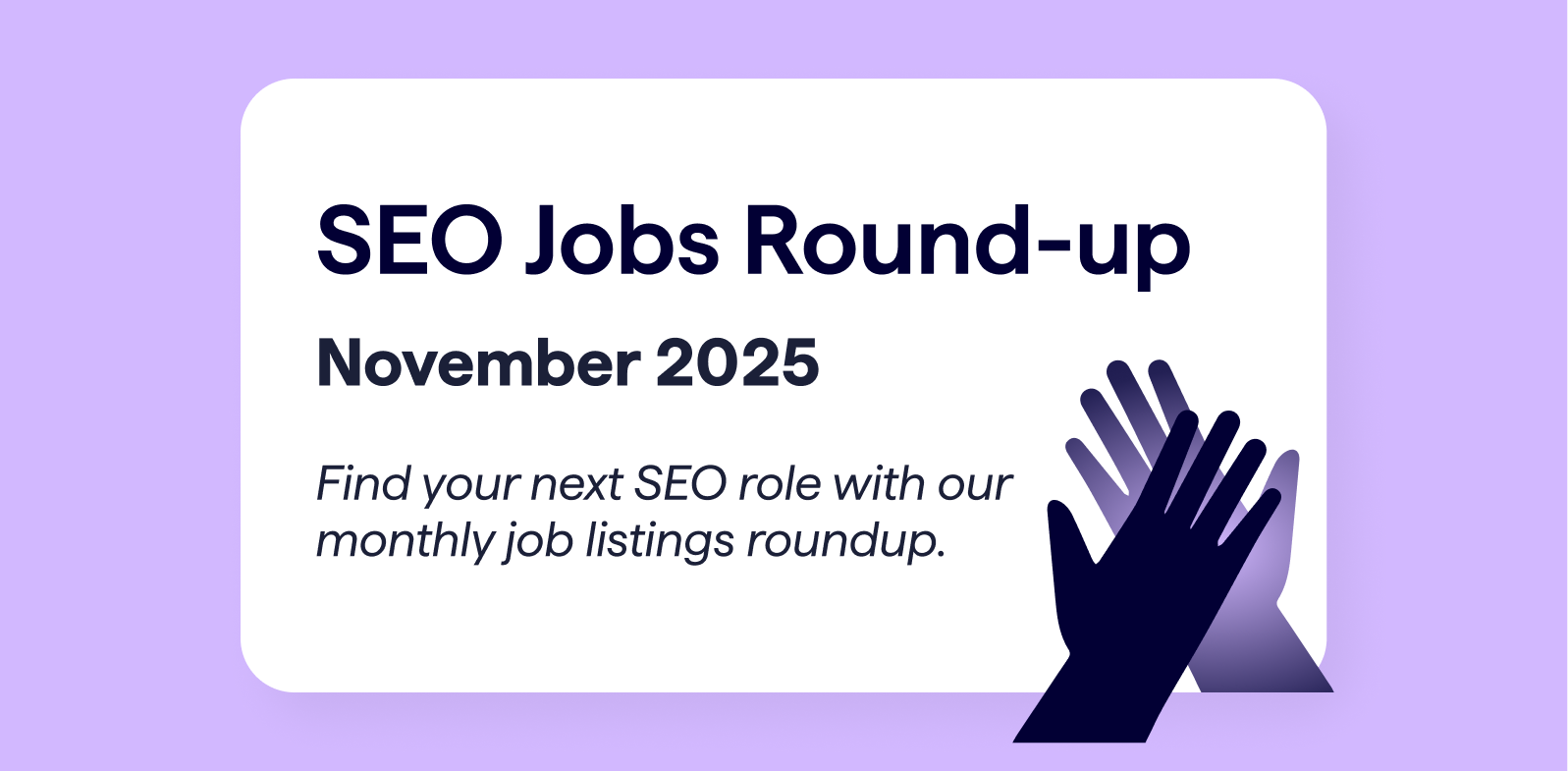With the launch of SearchGPT, the growing use of TikTok as a search engine for Gen Z, and a monopoly ruling on the books, will Google finally have some real competition in search this year?

“Will 2025 be the year that another neologism for search takes its place alongside the use of “google” as a verb?”
How people find information online is changing in 2025. There are more emerging routes to knowledge discovery, both in terms of platforms and modalities, than we’ve seen in past years — and this time, these budding search methods seem to have some sticking power.
New search platforms: AI search & social search
AI search engines
On the platform side of things, AI tools have proliferated widely since the public launch of ChatGPT just a few years back. Though new contenders like Perplexity’s “answer engine” or OpenAI’s SearchGPT have an uphill battle to make real ground against Google as the leader in search (Google is still the default search engine on iPhones, after all, and benefits from decades of user familiarity), both of these AI-powered platforms have seen significant user growth in the past year.
AI overviews
Meanwhile, Google is changing its own search platform and adjusting user behaviors and expectations around search with new AI Overviews, reigniting web publishers’ fears of years past around “zero-click” searches, as we saw discussed frequently back when Google first rolled out enhanced SERP features like Rich Snippets.
Social search
Alongside these developments in AI search platforms and AI-augmented search in Google and Bing, we continue to see headlines about Gen Z searching more on TikTok and Instagram. In short, there are now more viable platforms through which people can find information. (Though it’s worth noting that, despite these changes, Google is still the go-to place for search for now, with billions of daily searches on the platform and 90% of the global search engine market.)
New search modalities: voice, video, & image search
On the modality side, Google states that its Google Lens tool now processes 20 billion visual searches a month. And, in 2024, Google expanded Lens with further multimodal functionality, adding the ability to search with combinations of image, video, and voice to find what you’re looking for.
Meanwhile, Google’s “Project Astra”, a voice-operated AI assistant, is being developed as a “multimodal answer to ChatGPT,” for which OpenAI is developing similar multimodal interaction capabilities via its GPT-4o model.
Last year, shortly before Google’s Project Astra announcement, OpenAI launched GPT-4o with a tagline that stated: “We’re announcing GPT-4o, our new flagship model that can reason across audio, vision, and text in real time.”

“Users will always be searching, but we’re seeing a shift in behavior within traditional search engines (eg. AI Overviews) as well as a shift beyond traditional search engines to LLMs and social media.
Top-of-funnel content still has its place but is no longer the rocketship to success that it could be in the past. Third-party keyword research tools can no longer be our primary place of research. SEOs need to look to things like social listening and customer support tickets to truly understand what users are asking about and what content they should create as a result. While this may lead to less organic traffic overall, it will help brands reach the users who are more likely to become actual customers.”

2025 SEO trends
So, with a changing search landscape to contend with, how can SEO professionals stay ahead of the curve in 2025?
To dive deeper into AI search, AI-augmented search, social search, and multimodal search, download our full eBook on 2025 SEO Trends.







